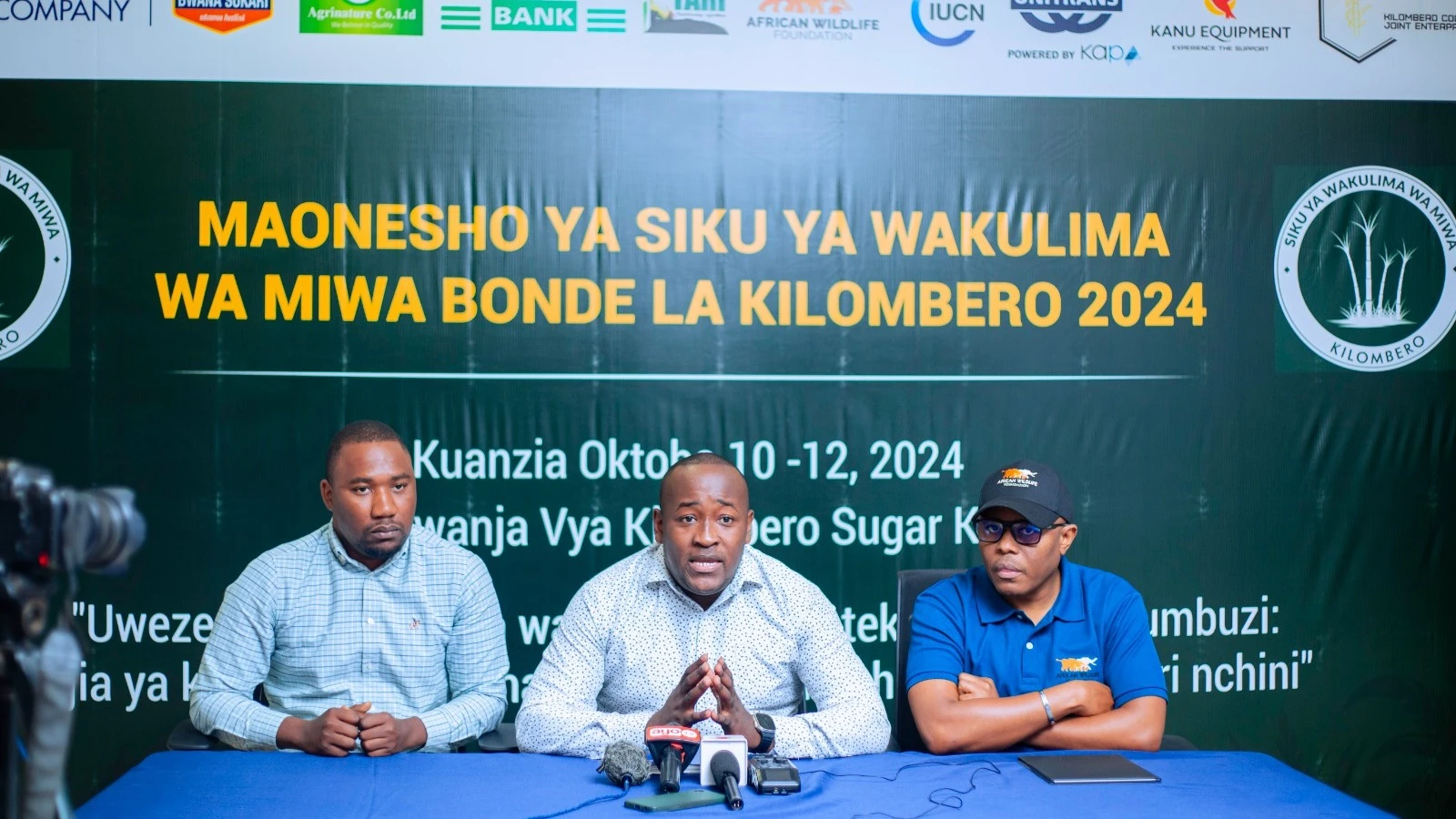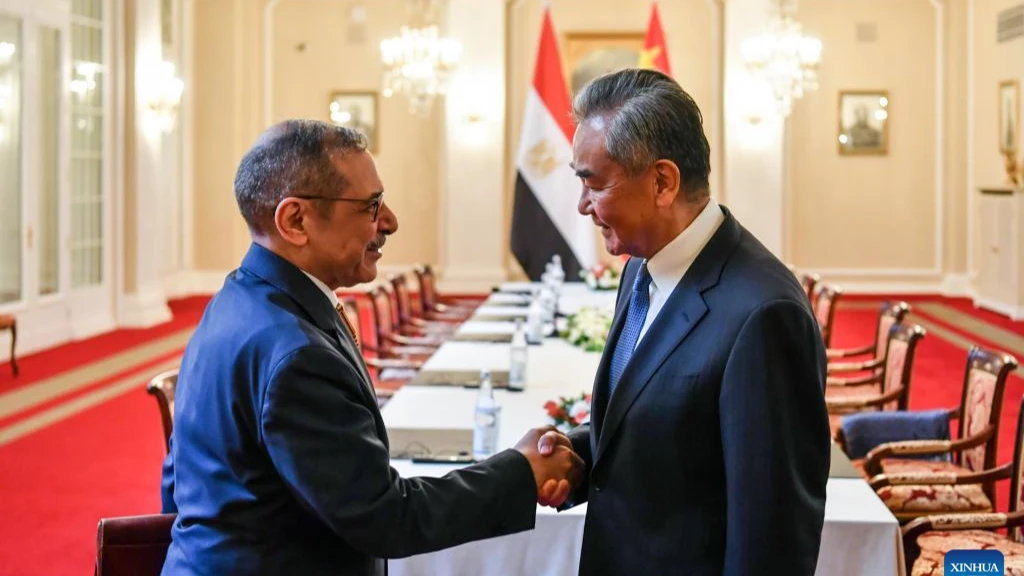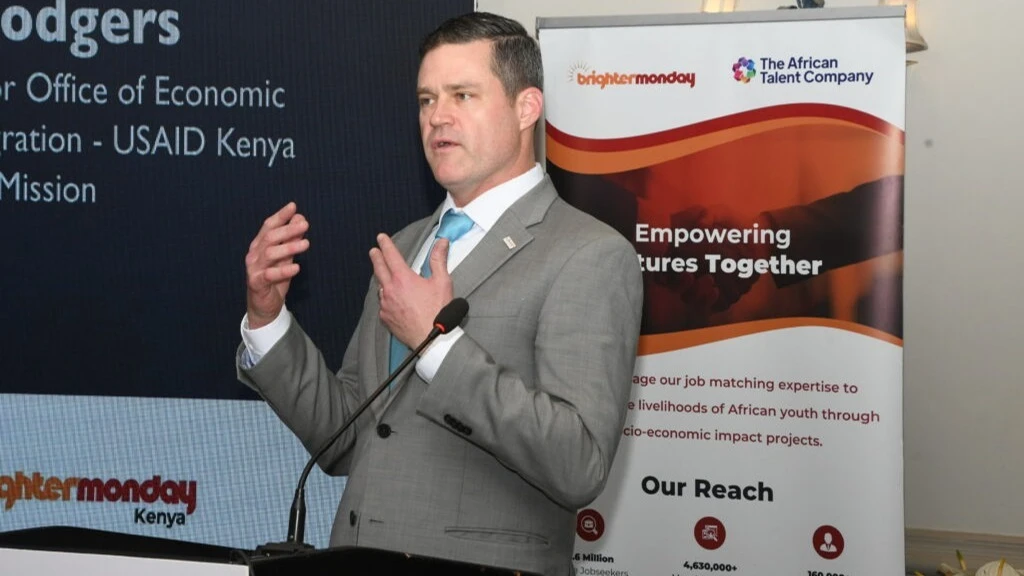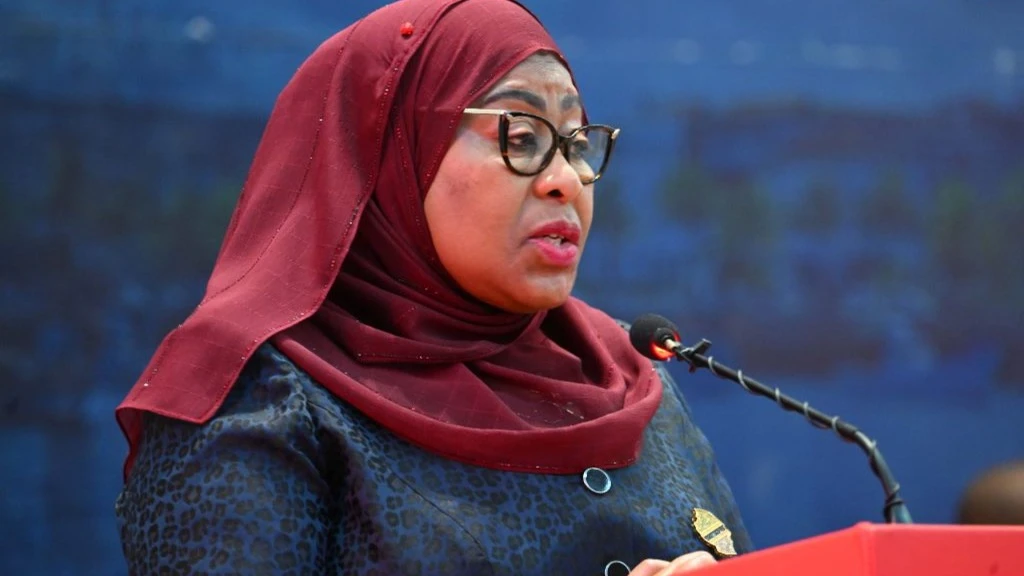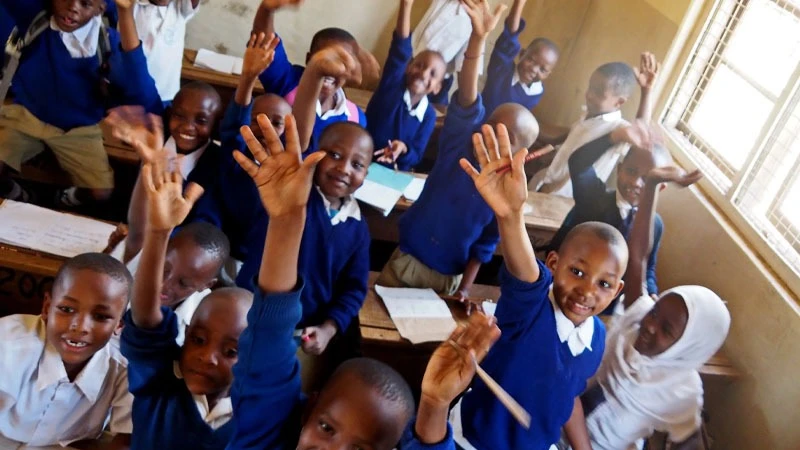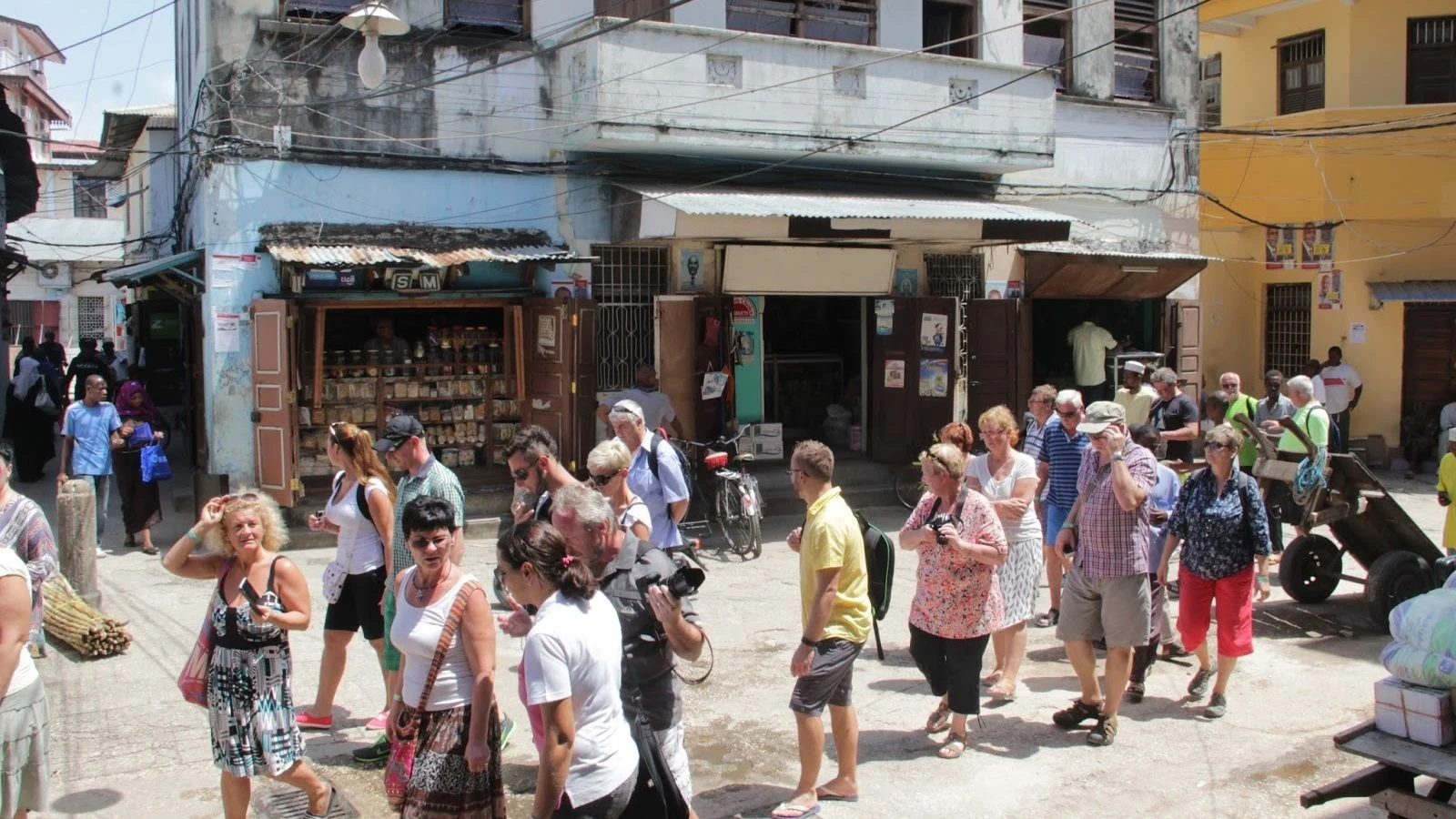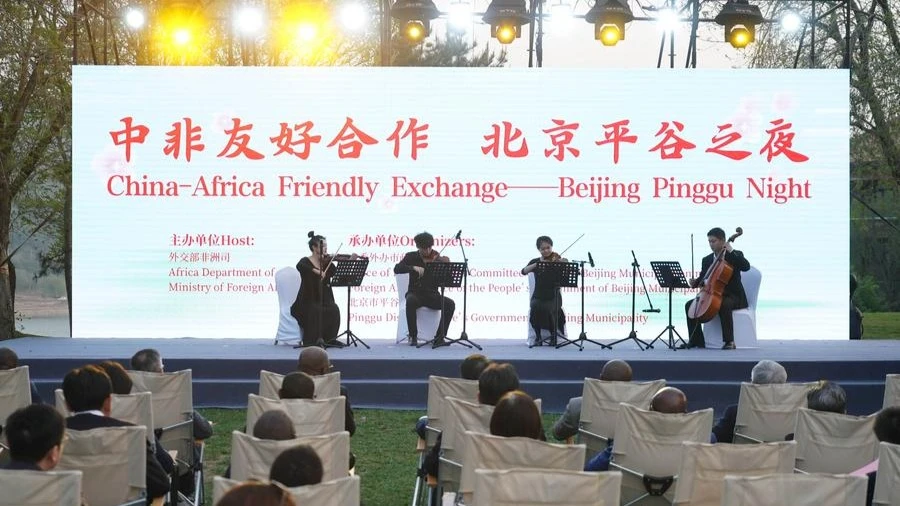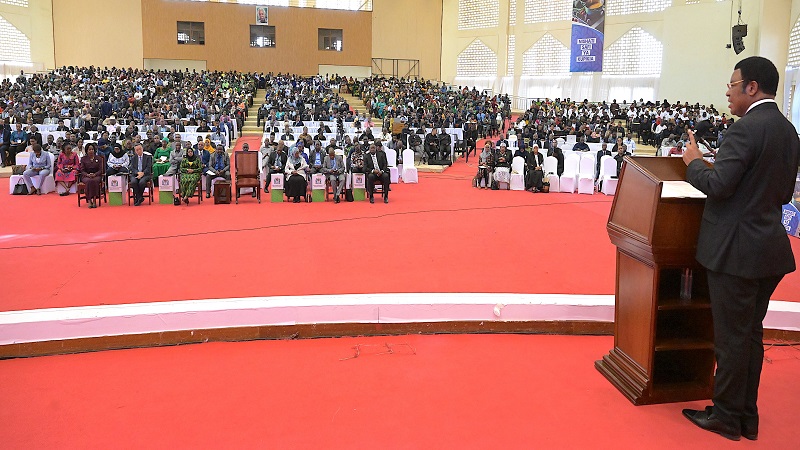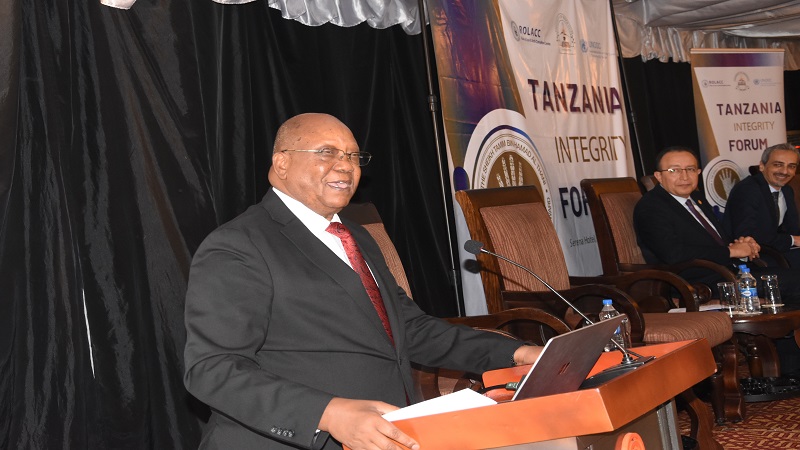Activists push for more Marriage Act reform

TANZANIA is one of countries with the highest child marriage prevalence rates in the world where almost two out of five girls are married before their 18th birthday.
According to the Demographic and Healthy Survey (2022) shows that 29 percent of women between 20-24 years were married when they were under 18 years, something which hinders development of many girls. Child marriage is driven by a number of factors including income poverty, social norms, adolescent fertility and weak legal and policy frameworks.
Activists and stakeholders including Rebeca Gyumi, the executive director of Msichana Initiative have been campaigning for the government to amend the Marriage Act, 1971 as it ruins the dignity and dreams of children and girls in the country.
Despite all the efforts, a number of young girls are still forced to marry, putting them in difficult environments which are hard for them to sail through and achieve their development goals
Speaking at a stakeholders’ meeting in Dar es Salaam recently Lucy Gidamis, senior advocacy officer at Msichana Initiative said in a bid to end child marriage in the country, the law should be amended specifically sections 13 and 17 which provides for girls to be married before the age of 18.
She said the organisation in collaboration with various stakeholders have embarked on new initiatives to push amendments of the law which include increasing education to legislators as well as conducting discussions with the government to see the progress.
“There is no way we can work hard and make our girls free without amending this unfriendly law which hinder the development, we have embarked on a new drive dubbed: Ni ya Wabunge to increase advocacy and push for the amendment of the Act,” she said.
She said child marriages often result in adverse health, economic and social consequences, catalysed by socio-economic imbalance, spousal age gap and power imbalance.
She said stakeholders recall winning cases in court in 2016 and 2019 that mandated amendments to the Marriage Act, yet no changes have been implemented.
She said by continuing to remain mum on the laws, a number of young girls also fall into the traps which kill their dreams with others taking difficult decisions of killing themselves.
“We recognize the power that stakeholders have including members of the parliament and we are sure that through them, we can make changes in the law, child marriage poses several health risks to the girls,” she said.
Dr Ave Maria Semakafu, coordinator of the Tanzania Women Cross Party (TWCP) – Ulingo platform highlighted the severe health, economic and social consequences for children married at a young age, stressing the importance of amending the law to improve their protection.
“It is not just about enhancing protection; if changes are made, it will better position these children to achieve their goals, as we have seen many being forced into marriage and having their education cut short,” she said.
Gema Akilimali, Chairperson of the Tanzania Gender Networking Programme (TGNP) said it is high time for Tanzanians to wake up and stand for girl child through amendment of the Marriage Act.
In a landmark 2016 decision, the High court ruled these provisions unconstitutional, and directed the government to raise the legal age of marriage to 18 years for both girls and boys.
This ruling followed a legal challenge by the Msichana Initiative, an organization advocating for girls’ right to education in Tanzania.
Their petition argued that the Marriage Act violated girls’ fundamental rights to equality, dignity, and access to education, and contravened Tanzania’s Law of the Child Act.
The government appealed against the High Court decision, but the Court of Appeal upheld the 2016 High Court ruling.
Gyumi said that as the court already ruled Sections 13 and 17 of the Marriage Act of 1971 as discriminatory and unconstitutional and outdated, it is important for the government to implement the order.
She argued against these sections on the grounds that they violate Article 12(1) of the country’s Constitution, which guarantees equality before the law.
She also contended that the sections breach Article 13(1)(2) of the constitution, which protects individuals from discrimination based on gender and states that people under 18 are children and lack the capacity to make informed decisions about marriage.
Furthermore, she claimed the sections contravene Article 21(2) of the constitution by denying girls the opportunity to fully participate in determining their future and depriving them of their right to education and freedom of thought.
Gyumi called on Tanzanians to jointly campaign and help fight harmful traditions which have been pulling the majority of girls into early marriages and pregnancies.
Late 2022, Speaker of the National Assembly Dr Tulia Ackson proposed the adoption of 21 years as the minimum age for a girl to get married in the country.
“I think that 18 years is still unfit for a child to get married since she is still young to handle marriage duties at such an age. They should be focusing on their studies in high school,” Dr Tulia said.
According to the United Nation’s 2021 report, more than 650 million women alive today became wives when they were children. Child marriage is a global issue fuelled by gender inequality, poverty, unfavourable social norms and insecurity.
Top Headlines
© 2024 IPPMEDIA.COM. ALL RIGHTS RESERVED











